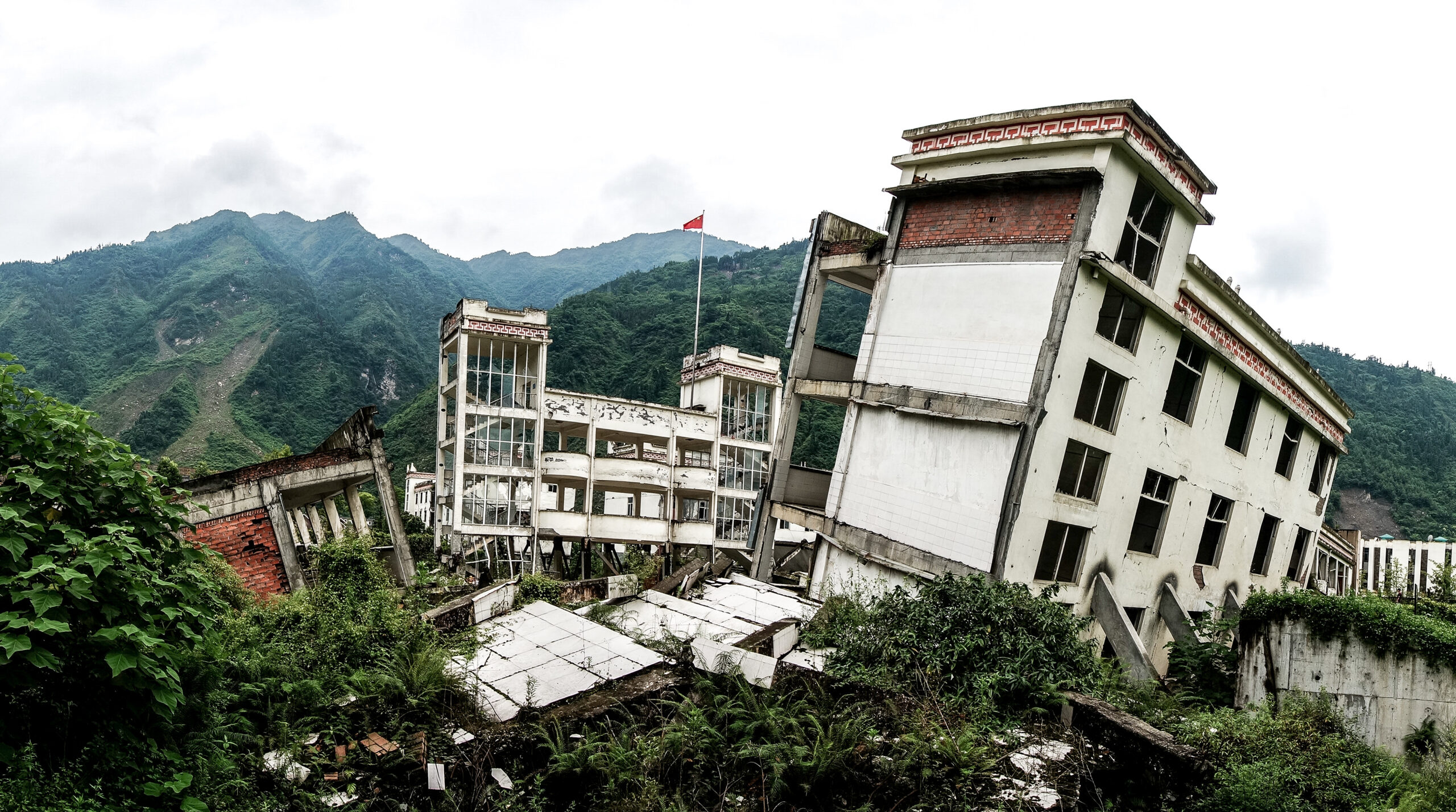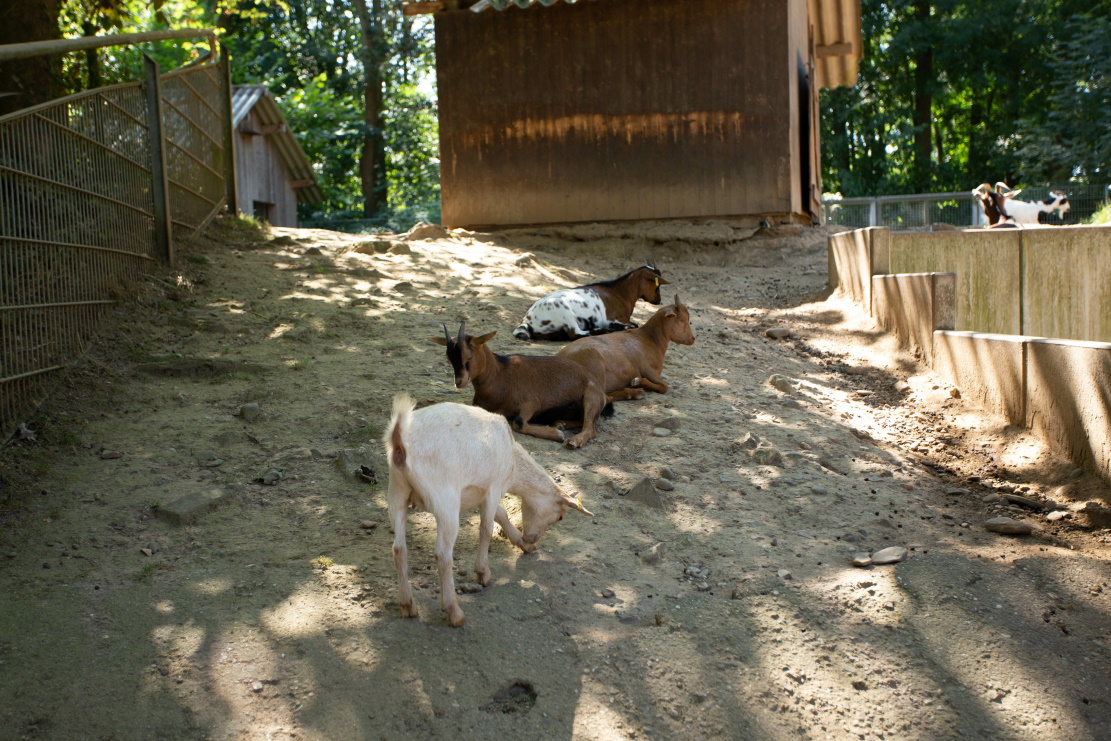A World Of Clinical Possibilities – Dr Helen Fitton, Marinova
Original Article Reference
This is a summary of the paper ‘Therapies from Fucoidan: New Developments’, from Marine Drugs, an MDPI journal.
http://dx.doi.org/10.3390/md17100571
Share Episode
About this episode
Fucoidans, which occur naturally in seaweeds, have previously been shown to have a range of possible clinical applications. In a review study, Dr Helen Fitton and her team from the biotechnology company, Marinova, discuss the breadth and depth of new fucoidan research – from their potential use in cancer treatment, to their possible effects on microbiome. Finally, they cover new techniques for the measurement, production and delivery of fucoidans, which are supporting the transition from research to clinical application.
This work is licensed under a Creative Commons Attribution 4.0 International License. 
What does this mean?
Share: You can copy and redistribute the material in any medium or format
Adapt: You can change, and build upon the material for any purpose, even commercially.
Credit: You must give appropriate credit, provide a link to the license, and indicate if changes were made.
Related episodes
Dr. Zhe Su | Understanding the twisted tectonics of the Sichuan basin
The Sichuan basin in southern China is a region of deep geological and seismological complexity, which has so far prevented researchers from understanding its tectonic past. Through fresh analysis of previous observations, combined with the latest modelling techniques, a team led by Dr. Zhe Su at the National Institute of Natural Hazards, Beijing, suggests for the first time that the entire Sichuan basin is slowly rotating. Their result could explain the origins of one of the deadliest earthquakes in living memory, and could also help seismologists to better predict when earthquakes will strike the region in the future.
Dr. Claudia Ituarte-Lima – Dr. Radu Mares | How Latin America’s Groundbreaking Treaty Intersects with European Economic Law
Research by Dr. Claudia Ituarte-Lima and Dr. Radu Mares at Lund University examines how a pioneering environmental agreement in Latin America and the Caribbean introduces new ways of protecting nature and human rights. Their study reveals both opportunities and challenges in how this regional treaty interacts with European Union trade laws, offering insights into how different regions can work together to protect the environment and strengthen democracy.
Dr. Adeniyi Charles Adeola | The Genetic Blueprint of Nigerian Animals: How Genetics Research is Transforming Nigerian Wildlife and Farming
Across the varied and diverse landscapes that make up the Nigerian countryside, animals, both wild and domesticated, are more than merely an agricultural commodity or source of food; they are an integral part of local cultures, natural biodiversity, and represent an ecological treasure trove. Local wildlife and agricultural livestock help to sustain the livelihoods of millions. However, beyond this, Nigerian animals hold secrets within their genetic code that could, when revealed, help to prevent diseases, aid conservation efforts and enhance agricultural productivity. Leading the efforts to uncover useful and interesting genetic phenomena in these animals is Dr. Adeniyi Charles Adeola of the Chinese Academy of Sciences, who explores the genetic blueprints of Nigerian animals in his pioneering research. From investigating the population dynamics of grasscutters to tackling the genetic roots of prion diseases, Dr. Adeniyi Charles Adeola’s work illuminates both challenges and solutions that impact food security, agriculture, and biodiversity in Nigeria, and far beyond.
Professor Magnus S. Magnusson | The surprising similarities between the structures of human cells and societies
Research by Professor Magnus S. Magnusson at the University of Iceland demonstrates surprising similarities between the organization of cellular protein networks and of human societies. He reveals how the invention of writing and, very recently, general education, transformed human civilization in ways that mirror ancient biological developments and emphasises how this makes humans unique.
Increase the impact of your research
• Good science communication encourages everyday people to be scientifically literate so that they can analyse the integrity and legitimacy of information.
• Good science communication encourages people into STEM-related fields of study and employment.
• Good public science communication fosters a community around research that includes both members of the public, policymakers and scientists.
• In a recent survey, 75% of people suggested they would prefer to listen to an interesting story than read it.

Step 1 Upload your science paper
Step 2 SciPod script written
Step 3 Voice audio recorded
Step 4 SciPod published




